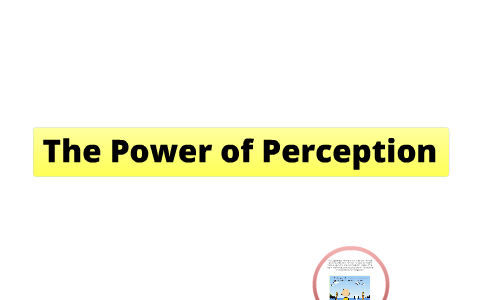The Power of Perception: Unpacking the Perceived Value of Free Gifts

In the world of commerce, the concept of “free” holds an irresistible allure for consumers. Whether it’s a complimentary sample at a grocery store or a free gift with a purchase, the word “free” has the power to captivate and entice. But what exactly makes a free gift so appealing to customers? Beyond its tangible cost, the perceived value of a free gift plays a significant role in shaping consumer behavior and driving engagement. In this article, we delve into the intricacies of perceived value and its profound impact on the effectiveness of free gifts as marketing tools.
Psychological Factors at Play:
The perceived value of a free gift is influenced by a myriad of psychological factors that shape consumer perceptions and decision-making processes. Chief among these factors is the principle of reciprocity, which posits that individuals feel obligated to reciprocate acts of generosity or kindness. When consumers receive a free gift, they experience a sense of indebtedness to the brand, which may compel them to make a purchase or remain loyal customers in the future.
Enhanced Product Perception:
Free gifts have the power to enhance consumers’ perception of the associated product or brand. By offering a complimentary item alongside a purchase, businesses elevate the perceived value of the transaction, making customers feel as though they are receiving more for their money. This perception of added value can be instrumental in influencing purchasing decisions, especially in competitive markets where consumers are inundated with choices.
Sense of Gratification and Appreciation:
The act of receiving a free gift triggers feelings of gratification and appreciation in consumers. Psychologically, gifts evoke positive emotions associated with receiving something unexpected and desirable. By offering a free gift, brands have the opportunity to create memorable experiences for their customers, fostering goodwill and deepening emotional connections. This sense of appreciation can translate into long-term loyalty and advocacy among customers.
Mitigating Perceived Risk:
In uncertain or competitive markets, consumers may be hesitant to make a purchase without assurance of quality or value. Free gifts can serve as a powerful tool for mitigating perceived risk, providing customers with tangible evidence of the brand’s commitment to customer satisfaction. By offering a free sample or trial product, businesses reduce the perceived risk associated with the purchase, making it easier for consumers to overcome objections and make a decision.
Building Brand Trust and Credibility:
The strategic use of free gifts can contribute to building trust and credibility for a brand. When consumers receive a free gift, they perceive the brand as generous and customer-centric, reinforcing positive associations and strengthening brand loyalty. Moreover, the quality and relevance of the free gift can serve as a reflection of the brand’s commitment to excellence, further enhancing its reputation in the eyes of consumers.
Creating a Competitive Advantage:
In today’s competitive marketplace, differentiation is key to standing out and capturing consumer attention. Free gifts offer businesses a unique opportunity to differentiate themselves from competitors and create a competitive advantage. By offering value-added incentives such as free samples, exclusive promotions, or personalized gifts, brands can attract new customers, retain existing ones, and drive sales in a crowded marketplace.
Encouraging Word-of-Mouth Marketing:
Free gifts have the potential to ignite word-of-mouth marketing, as satisfied customers share their positive experiences with friends, family, and social networks. When consumers receive a free gift that exceeds their expectations, they are more likely to rave about it to others, generating valuable word-of-mouth referrals and endorsements for the brand. This organic form of marketing can amplify the reach and impact of free gift promotions, driving awareness and engagement among a broader audience.
Influence on Purchase Decisions:
Ultimately, the perceived value of a free gift can significantly influence consumer purchase decisions. When consumers perceive a free gift as valuable and relevant to their needs or interests, they are more likely to be swayed by the offer and make a purchase. Businesses that understand and leverage the psychological factors driving perceived value can effectively harness the power of free gifts to drive sales, enhance brand loyalty, and create lasting relationships with customers.
In conclusion, the perceived value of a free gift extends far beyond its tangible cost; it lies at the heart of consumer psychology and shapes the effectiveness of free gifts as marketing tools. By strategically offering complimentary items that resonate with consumers and enhance their overall experience, brands can capitalize on the inherent appeal of free gifts to drive engagement, foster loyalty, and ultimately, achieve business success.


